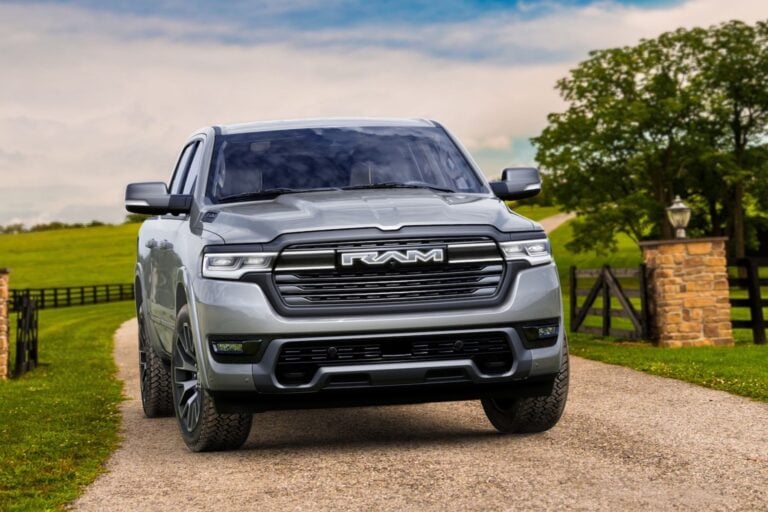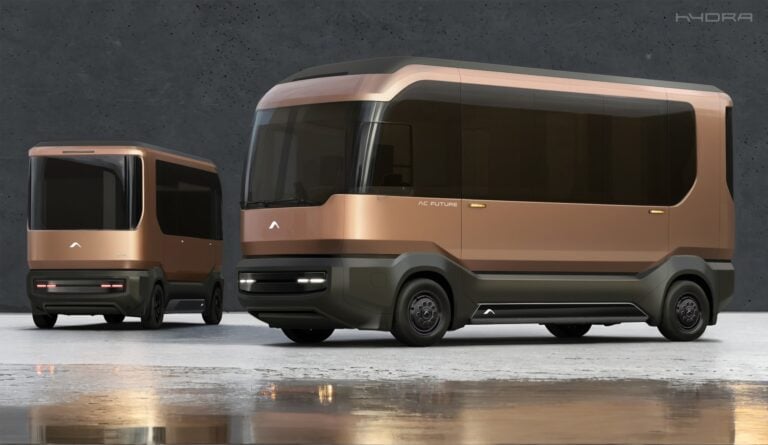Kia unveiled the intricacies of its forward-thinking designs with the introduction of the EV3 and EV4 concept models, emphasizing a revolutionary approach in utilizing eco-friendly materials and methodologies. These developments underline the brand’s audacious journey towards becoming a sustainable mobility solutions provider, embedding innovative materials, and techniques into the very fiber of its interior designs.
Why It Matters
Kia’s Concept EV3 and EV4 stand out not merely as concept vehicles but as a testament to the brand’s earnest commitment to sustainability and eco-friendly practices. Employing mycelium from mushroom roots, investing in bio-fabrication, and utilizing natural dye processes, the company actively explores material alternatives that are not only environmentally considerate but also aesthetically pioneering. The initiatives align strategically with Kia’s overarching objective to achieve carbon neutrality across its operations by 2045, providing a tangible pathway towards reducing short-term carbon emissions.
Key Points
- Innovation in Material Use: The EV3 and EV4 employ unconventional materials like mycelium, hemp fibers, and natural – instead of carbon–fibre structures, showcasing a significant departure from traditional automotive interior design materials.
- Bio-Fabrication Investment: Kia is actively investing in developing and growing its materials, aiming to simplify processes and enhance adaptability of forms.
- Natural Dying Techniques: The EV4 explores utilizing madder roots and walnut shells for natural dying, offering a myriad of color choices derived directly from nature.
- Sustainability Focus: Ten must-have sustainability items, including bioplastics and Bio Polyurethane, are being integrated into all new Kia production models.
- Innovative Interior Design: The CMF design team has adopted a nature-inspired approach, creating lightweight, aesthetically pleasing, and innovative interior designs with a focus on sustainable materials and processes.
Bottom Line
Kia positions itself as a torchbearer in the arena of sustainable mobility by embedding innovative and eco-friendly materials into its concept models, EV3 and EV4. These not only embody a steadfast commitment to reducing carbon footprints but also present a novel narrative in vehicular interior design, embracing both aesthetic and ethical considerations. The meticulous incorporation of grown and natural materials, such as mycelium and hemp fibers, demonstrates a robust and actionable alignment with sustainability objectives. Moreover, with its determined strides towards evolving material use and championing bio-fabrication, Kia elucidates a tangible pathway to intertwining advanced design with conscientious manufacturing, heralding a new epoch in the automotive industry. Consequently, Kia does not merely project a future where mobility is sustainable; it is meticulously crafting it, ensuring that each step is greener than the last, and each innovation does not merely reflect technological advancement, but an advancement that is thoughtfully and inherently sustainable.








